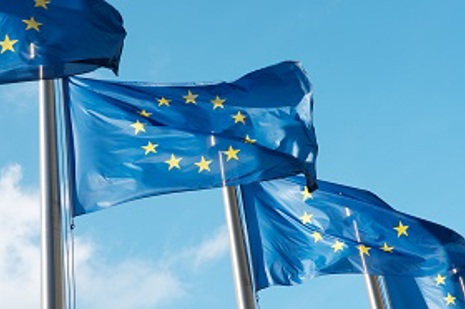
By Marie Owens Thomsen, IATA Senior Vice President Sustainability & Chief Economist
The Net Zero Industrial Act (NZIA) is the European response to the US Inflation Reduction Act, part of which provides meaningful incentives for low-carbon technologies to base themselves in the US. The European Union (EU) now seeks to create a framework for its Member States to invest in their own green technology thanks to the NZIA. Compared to the US measures, the NZIA has relatively few direct subsidies since the EU has limited power to grant these. Instead, the NZIA loosens the rules governing the subsidies that individual EU States can grant to national enterprises. Because private money will follow public money, this should encourage strategic investment in R&D and fledgling green technologies that are struggling to reach large economies of scale. An obvious example of such an industry is that of Sustainable Aviation Fuel (SAF).
SAF is the key solution for airlines to meet their goal of reaching net-zero CO2 emissions by 2050. Unfortunately, the world is a long way from producing the amounts of SAF we need. The industry has used every drop that is available, but this amounted to a mere 0.2% of total fuel consumption in 2023. Moreover, this amount of SAF only represents 3% of total renewable fuels production. And it falls short of the amount of SAF mandated by the EU’s “Fitfor55” program. The NZIA framework could prove crucial in providing the funding necessary to increase production rapidly, and to bring innovative types of SAF to market.
At the same time as the NZIA was being finalized, Europeans were getting an advance look at the pathway to the continent’s net zero 2050 commitment. Draft carbon targets for 2040 proposed by the European Commission (EC) envisage cuts of almost 90% in most sectors on that horizon. Aviation is included in these ambitious goals, though the EC Communication is realistic about air transportation being a hard-to-abate industry. The paper makes it clear that SAF is the crucial tool for decarbonizing aviation and, vitally, agrees to give aviation and shipping priority access to renewable fuels, ahead of other transport modes that can move directly to electrification. IATA has called for this for many years, and we of course warmly welcome this outcome.
Having SAF specifically earmarked in the NZIA is a very important development that will help close the investment gap with the United States. The NZIA proves that Europe stands ready to accelerate its climate-change agenda with concrete and practical steps that can spur immediate action and scale up SAF production. A crucial next step would be for the EU to move forward with a SAF Accounting mechanism, maybe as soon as later this year. This would give all airlines access to SAF and ensure that they can claim the environmental benefits of their purchases against their decarbonization obligations. It would grow the SAF market and help maximize both production and returns on investment. One important step at a time, this new SAF market can be created. Today we welcome the groundbreaking NZIA. Tomorrow, we look forward to launching SAF Accounting. I am optimistic that such milestones can unleash investments and allow SAF production to catch up with airlines’ demand over the coming years.